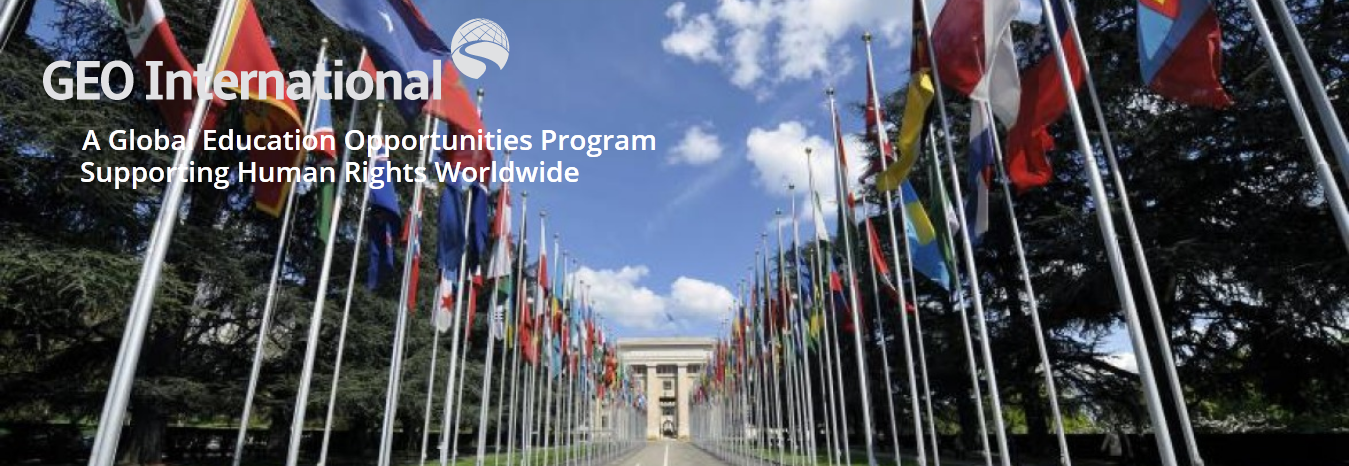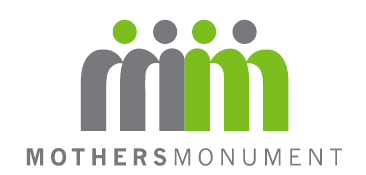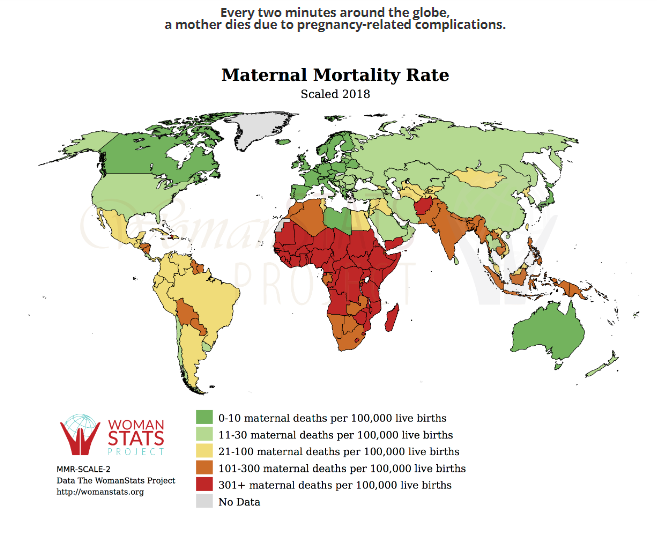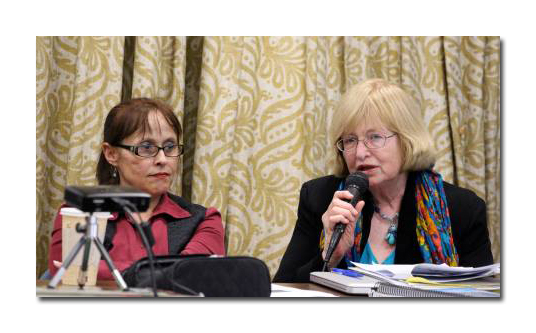

The Mothers Legacy Project sponsors the Global Education Opportunity Program (GEO) in Geneva, Switzerland at the United Nations. The GEO program has hosted students, graduates, and mid-level professionals since 2004. Here they gain an understanding and experience in human rights issues at an international level.


About once every two minutes all around the globe, a mother dies due to pregnancy-related complications. This is a staggering statistic, especially considering that 90% of maternal deaths occur in developing countries and most are preventable with proven, low-cost interventions. Over the last two decades, some countries have succeeded in achieving their Millennium Development Goal (MDG) target of reducing their maternal mortality rates by 75%. However, many countries have stagnated in their efforts, and some—even the United States—have seen an increase in maternal deaths1.
There are several reasons why maternal health has not improved as rapidly as it might, but one critical aspect that we discuss at Mothers Monument is how society addresses maternal health and mortality in the public sphere. Maternal death tends to be a private family matter although it has a profound impact on a mother’s community as well. Until we, as a people, in whatever nation we live, learn to speak openly about maternal death, we will never gain the capacity—nor the collective resolve—to unite in action for the benefit of mothers. Change cannot occur if we as a society cannot “see” the need for it in the first place.








